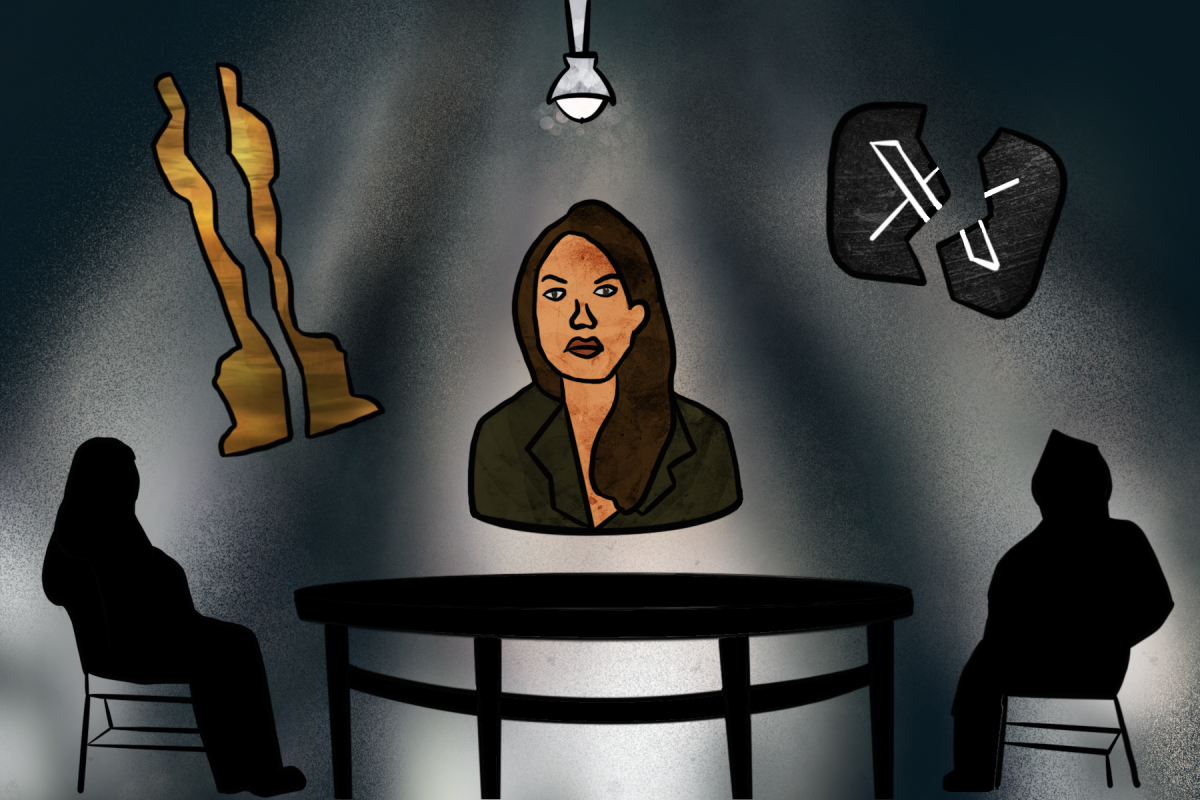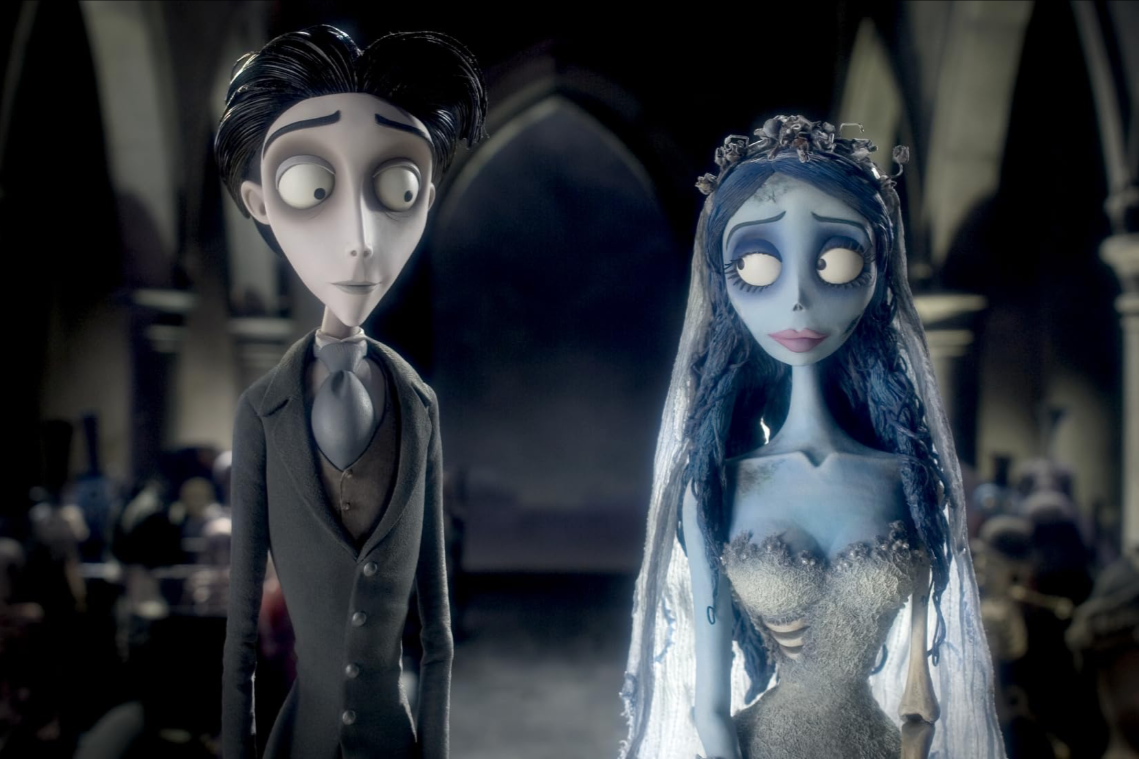“Emilia Pérez” has quickly become a widely discussed film — not for its cinematic merits, but for the controversy that has followed since its release.
Directed by Jacques Audiard and starring Zoe Saldaña, Selena Gomez and Karla Sofía Gascón, the film first garnered attention after winning the Jury Prize and Best Actress award for its ensemble at the 77th Cannes Film Festival.
But as its awards-season momentum grew, so did criticism over its portrayal of Mexican culture, gender identity and its lead actress’s past statements.
Billed as a Spanish-language French production, “Emilia Pérez” drew strong opposition for what many saw as a stereotypical and exploitative depiction of Mexico.
Mexican filmmaker Camila D. Aurora was among those voicing their discontent.
Get The Daily Illini in your inbox!
In response to “Emilia Pérez,” Aurora created “Johanne Sacreblu,” a sharp parody of French culture. “Johanne Sacreblu” satirizes European cinema viewing Latin American culture as “exotic.”
“What provoked me to create (my) short film? Indignation,” Aurora said in an interview on the Spanish-language Mexican TV channel Canal 22.
The short film follows Johanne Sacreblu, set to inherit France’s largest baguette bakery, deliberately mimicking the exaggerated stereotypes in Audiard’s work. It critiques how European directors profit from Latin American stories while reducing them to shallow tropes.
“This is one of the worst representations I’ve seen about the experience of trans life,” Aurora said. “And you cover and pose this through a brutal trampling of the culture and the experience of Mexican life. That’s what’s outrageous.”
Audiard also received criticism for not researching Mexican reality.
“No, I didn’t study that much,” Audiard said in a translated interview. “What I had to understand I already knew a little.”
The film claims to tell a story about Mexico, yet it was shot in France, raising doubts about the sincerity of its representation.
Mexican comedian Eugenio Derbez spoke against Gomez’s incomprehensible Spanish in a podcast, calling it “indefensible.” After his comments went viral, Derbez issued an apology.
The backlash intensified when social media users uncovered past offensive posts on X by Gascón, the film’s lead.
Some resurfaced tweets featured derogatory remarks against various groups, including Muslim immigrants. Pairing this with jabs at her castmate Gomez, the discovery sparked notable media attention.
Though Gascón later apologized, this still fueled the film’s polarizing reception. Gascón was notably absent from the film’s promotional activities, with Audiard even severing ties with her.
However, it’s worth pointing out the inconsistency in Hollywood’s handling of controversies.
While Gascón was swiftly sidelined, other industry figures with similarly problematic histories have remained unscathed. Woody Allen, for example, continues to direct films despite long-standing allegations.
Additionally, despite centering around a trans character played by a trans actress, “Emilia Pérez” faced criticism from LGBTQ+ advocates for what some viewed as a superficial approach to trans identity.
While “Emilia Pérez” received accolades at the Critics’ Choice and Golden Globe Awards, it was notably absent from GLAAD’s annual media awards, raising questions about its reception within queer communities.
GLAAD posted an article on its website, calling it “a step backward for trans representation.”
With awards season in full swing and the Oscars on the horizon, “Emilia Pérez” remains at the center of an ongoing debate.
Ultimately, the movie has sparked more than just controversy — it has opened an important conversation. How can a film that distorts a culture be considered a representation? And who truly has the right to tell these stories?









